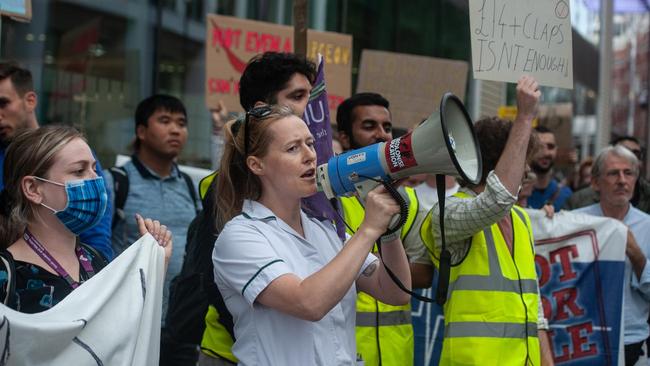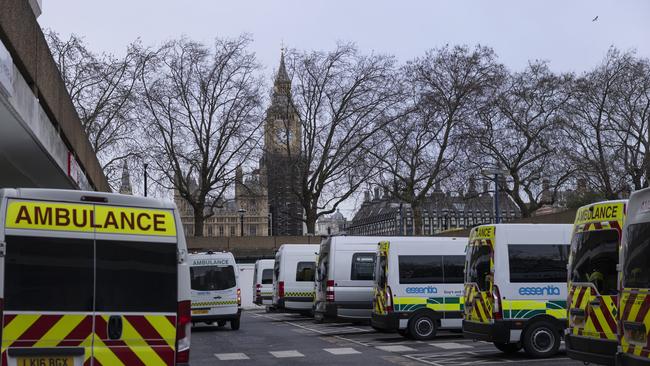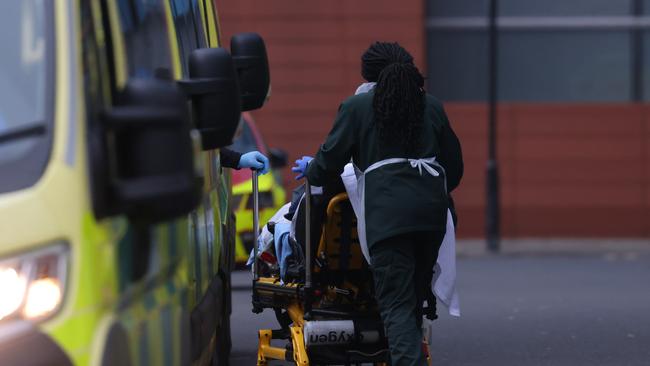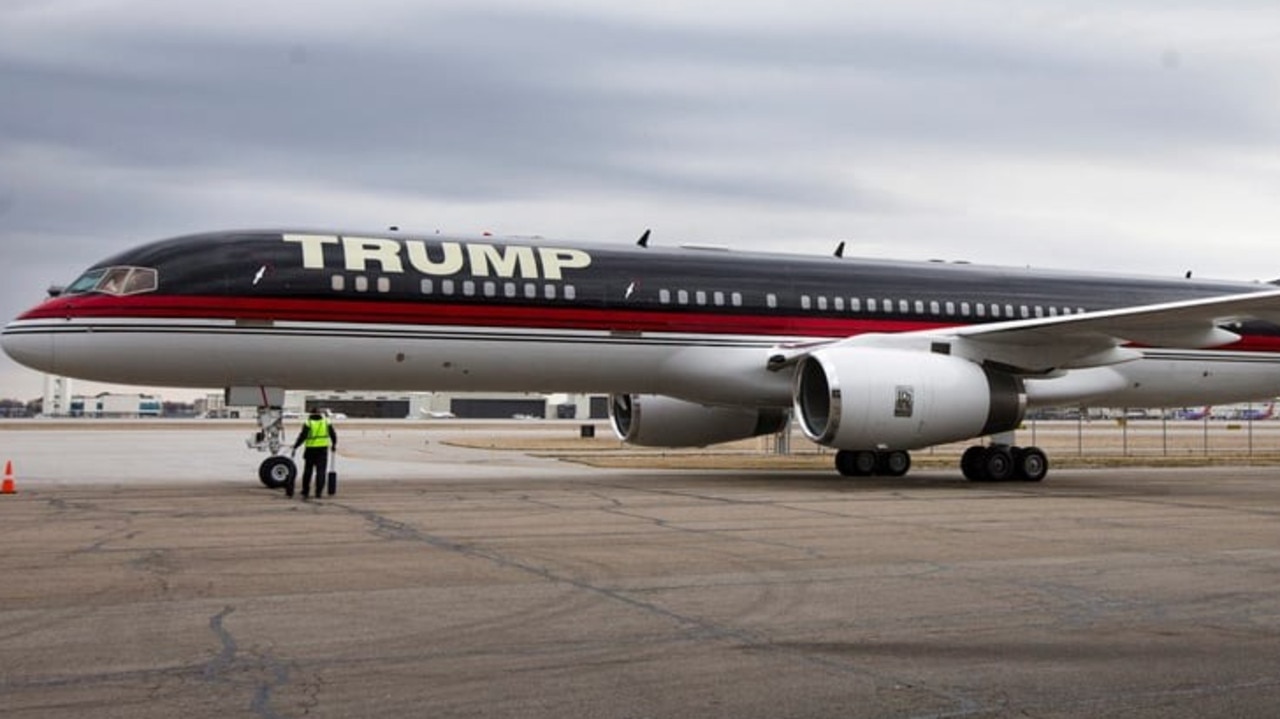UK Labour ‘willing to talk’ about higher pay rises for NHS staff
The UK’s opposition health spokesman has hinted he could support a compromise following the government’s refusal to increase its pay offer to striking nurses and paramedics.

The British Labour Party has said it would revisit the pay deal handed to NHS staff, insisting that the government should be “willing to talk” about a higher offer.
Wes Streeting, the opposition health secretary, said there was a case for a higher rise than was being offered because inflation had increased since pay review bodies made recommendations and because the NHS was losing critical staff because of low pay.
In comments that went further than his frontbench colleagues, Streeting hinted that he could support an improved pay deal. “When we are losing staff not just from social care but from the NHS to other employers because of pay, I think the government should be sensitive to that and be willing to talk,” he said.

The comments draw a dividing line between Labour and the government, which said this week that the present pay offer would not be increased.
Streeting did not commit his party to higher pay and rejected the Royal College of Nursing’s demands for a rise equating to five percentage points above inflation, saying: “We are not going to make promises we can’t keep.”
He signalled, though, that he was open to a compromise above the present pay proposals after Steve Barclay, the health secretary, said he would not increase the offer to striking nurses and paramedics.
On Thursday, Downing Street said higher pay rises for public sector workers would “embed inflation” and be “acting against everyone’s interests”.
The prime minister’s spokesman said: “If we were to push ahead with double-digit pay deals across the public sector, at a cost of £28 billion ($50.6 billion), that’s a cost of £1000 per household.”
Streeting accused the government of “spoiling for a fight”. He said: “They are looking for scapegoats. And they are choosing nurses and paramedics. I think it’s dangerous, irresponsible, and I think it will backfire.”
Labour has tried to avoid making commitments on pay but, when asked if he agreed with Barclay’s refusal to consider an increase, Streeting said it was “self-defeating” to rule this out. “I think they should get people around the table with no preconditions, no topics ruled out and be willing to talk,” he said at a conference hosted by the Institute for Public Policy Research. “I appreciate the pressure the public finances are under, I appreciate the government is now seeing action on pretty much every front, but we’ve got to see pay in the NHS and social care as retention issues as much as anything else.”
He said that pay review bodies, which recommended increases of about 4.5 per cent in the summer, had made their calculations “some time ago, and we’ve got inflation running at record levels and there are cost of living pressures, particularly amongst lower-paid staff’’.

The Scottish government has avoided nursing strikes by agreeing a 7.5 per cent increase. Some in Labour see the attraction of such a deal, which on the same terms would cost about £2 billion in England.
By contrast Sir Keir Starmer, the Labour leader, expressed sympathy with striking workers but said that to end the disputes the government needed to “resolve the underlying issues”.
“I don’t think those going on strike want strikes and disruption. They are facing a very real cost of living crisis, they are struggling to pay their bills,” he said.
Rachel Reeves, the opposition chancellor, refused to say whether she would increase the government’s offer.
“I’ve always said Labour will not pluck numbers out of the air – everything in our manifesto will be fully costed and fully funded,” she said.
The Times





